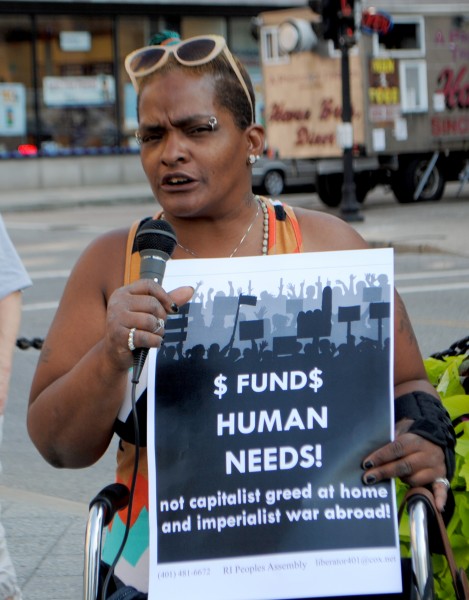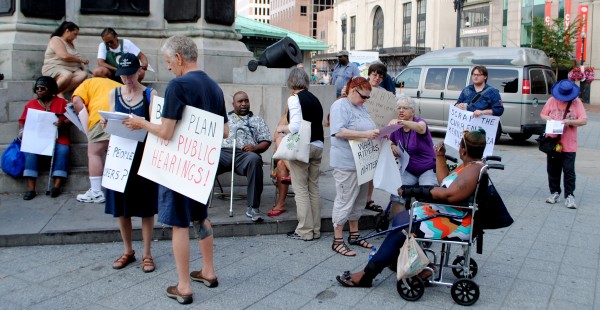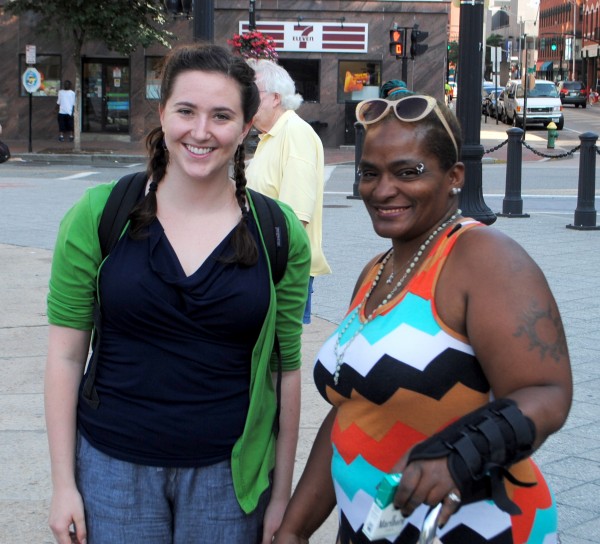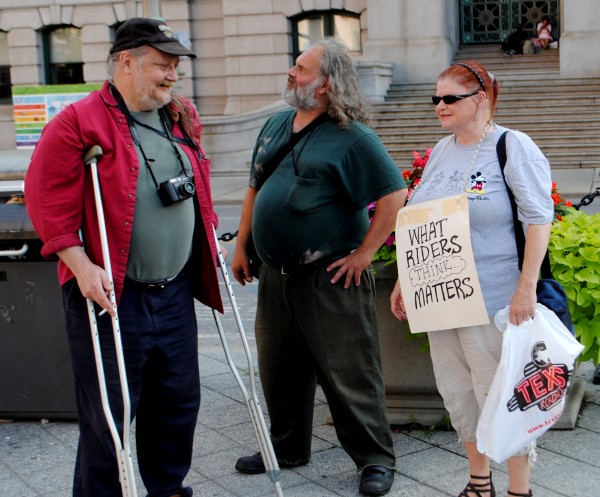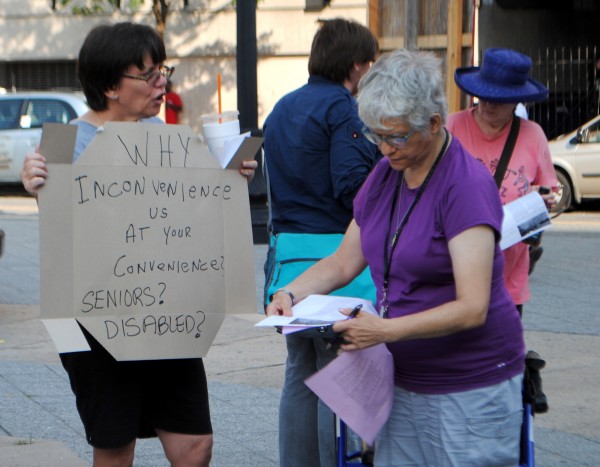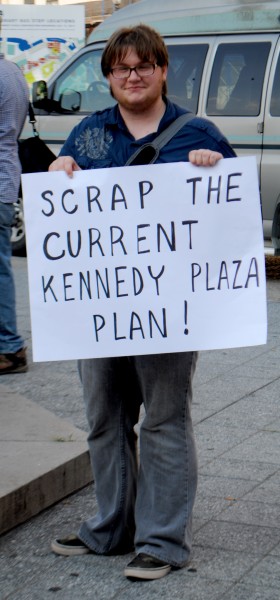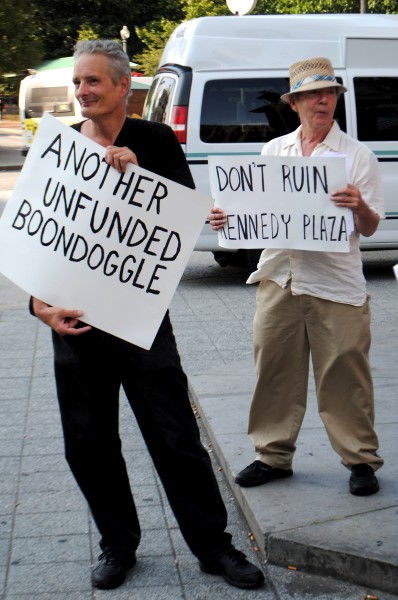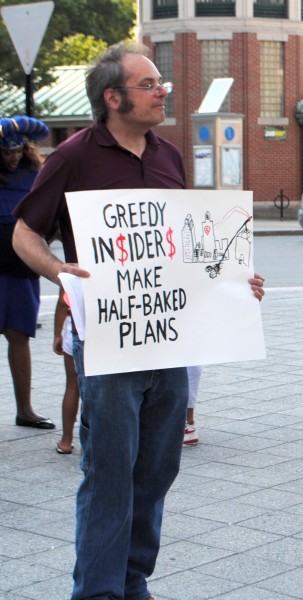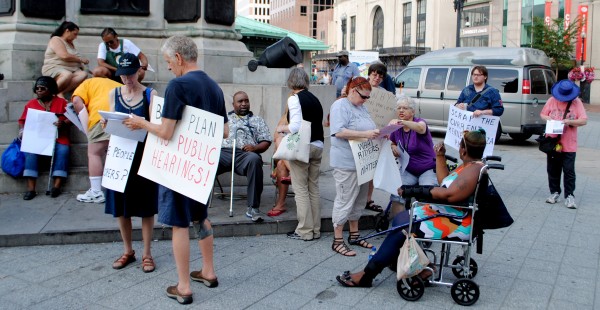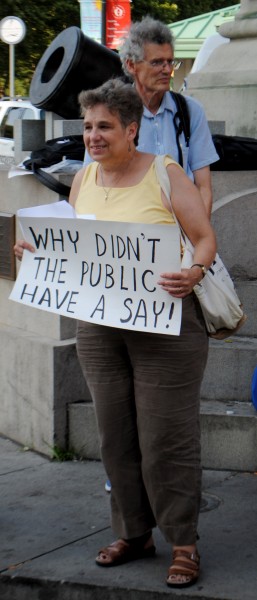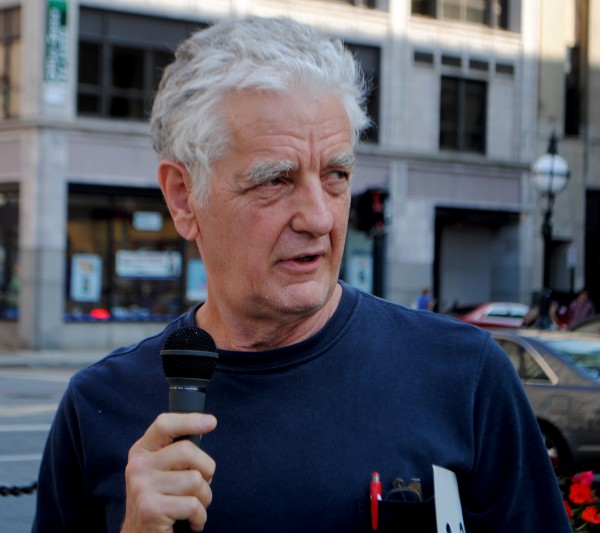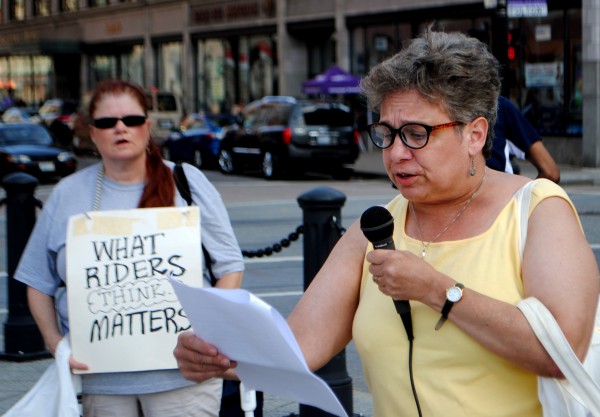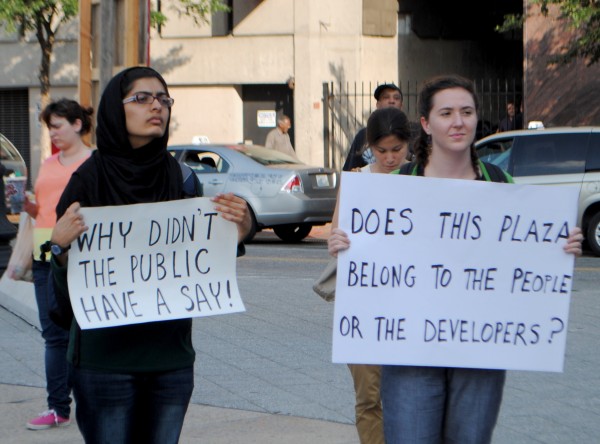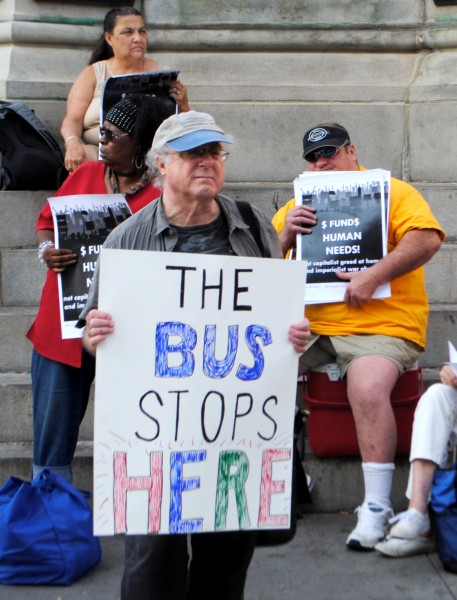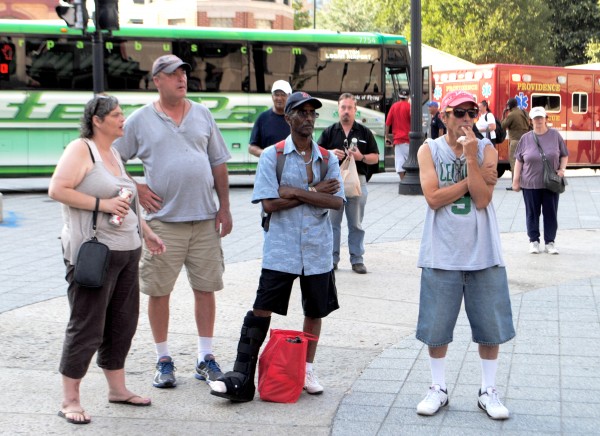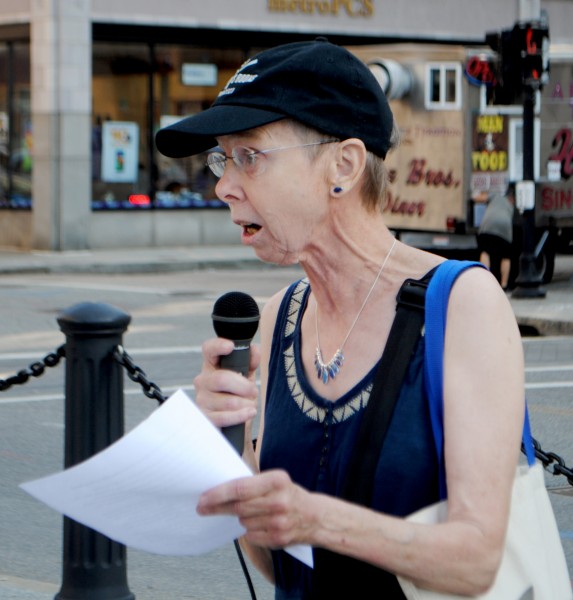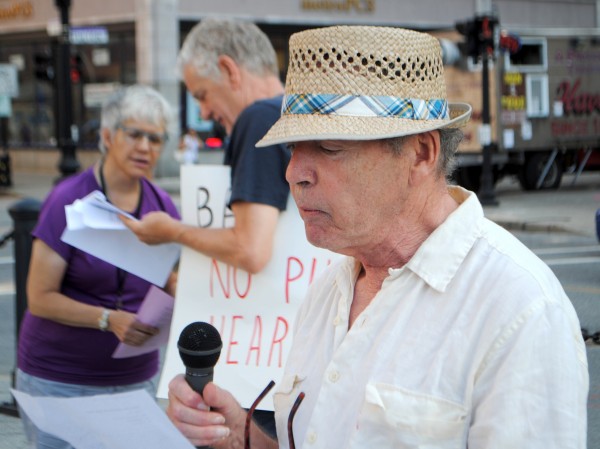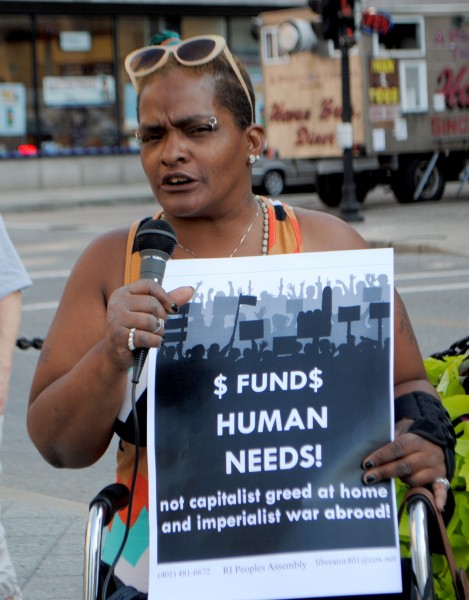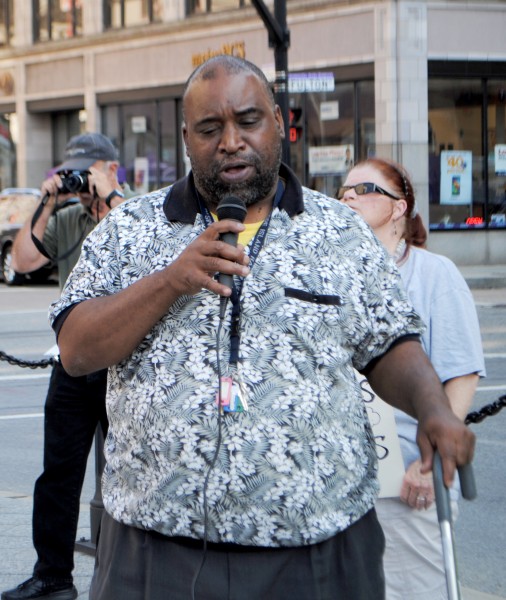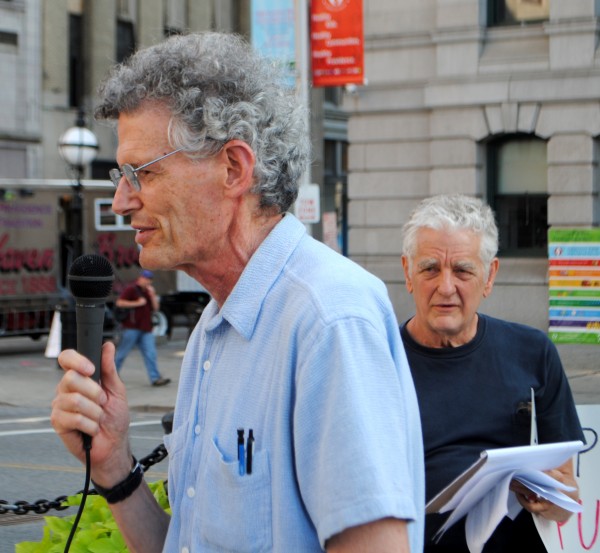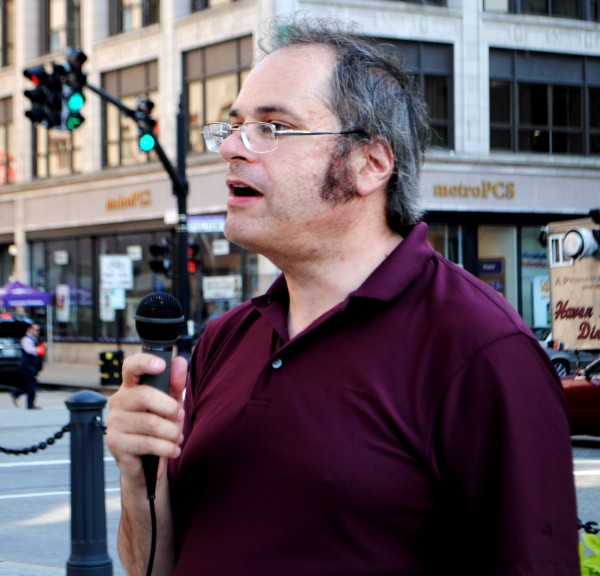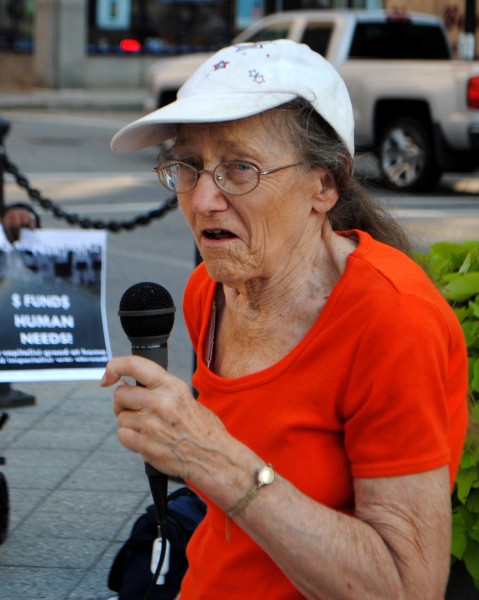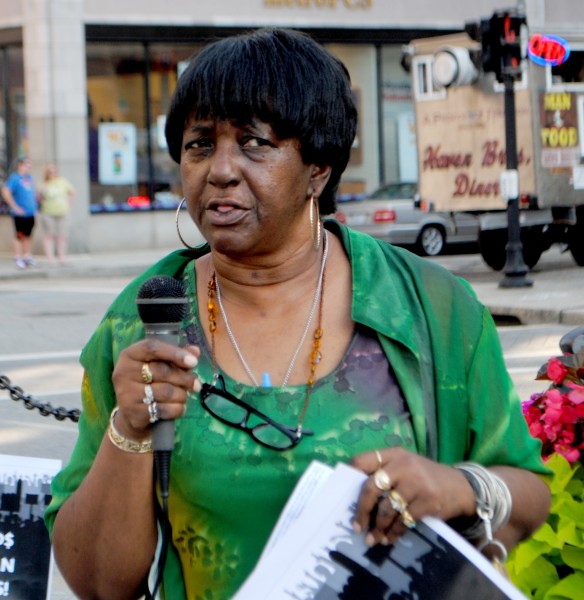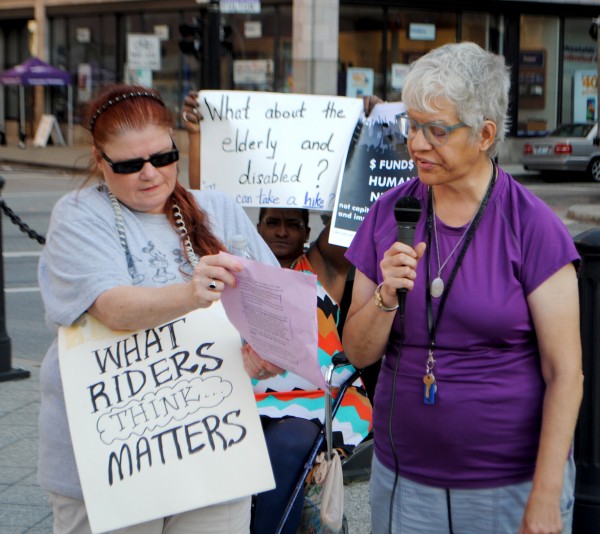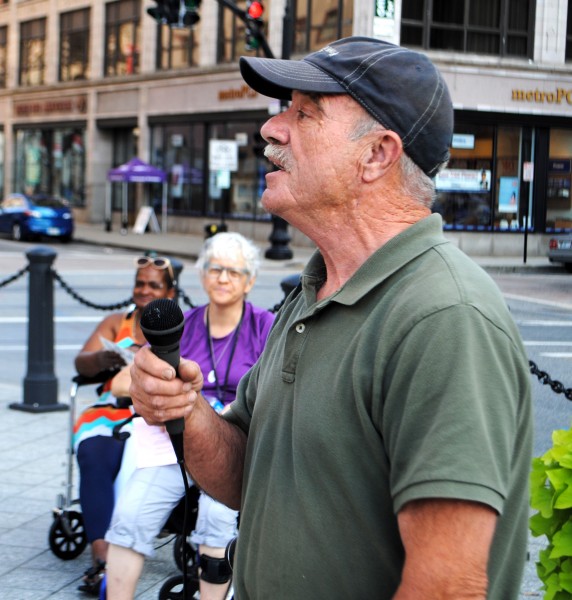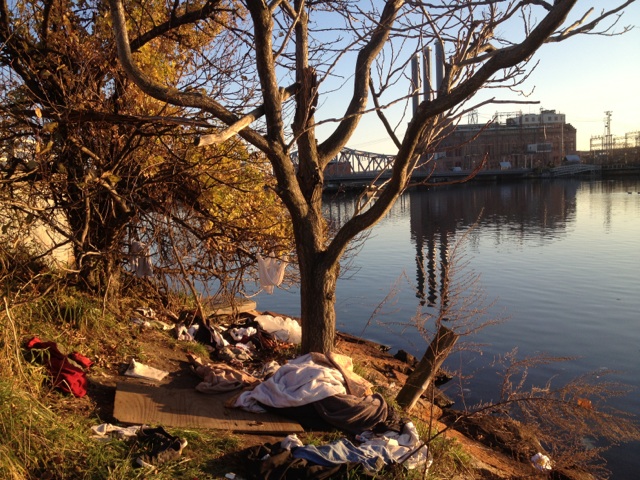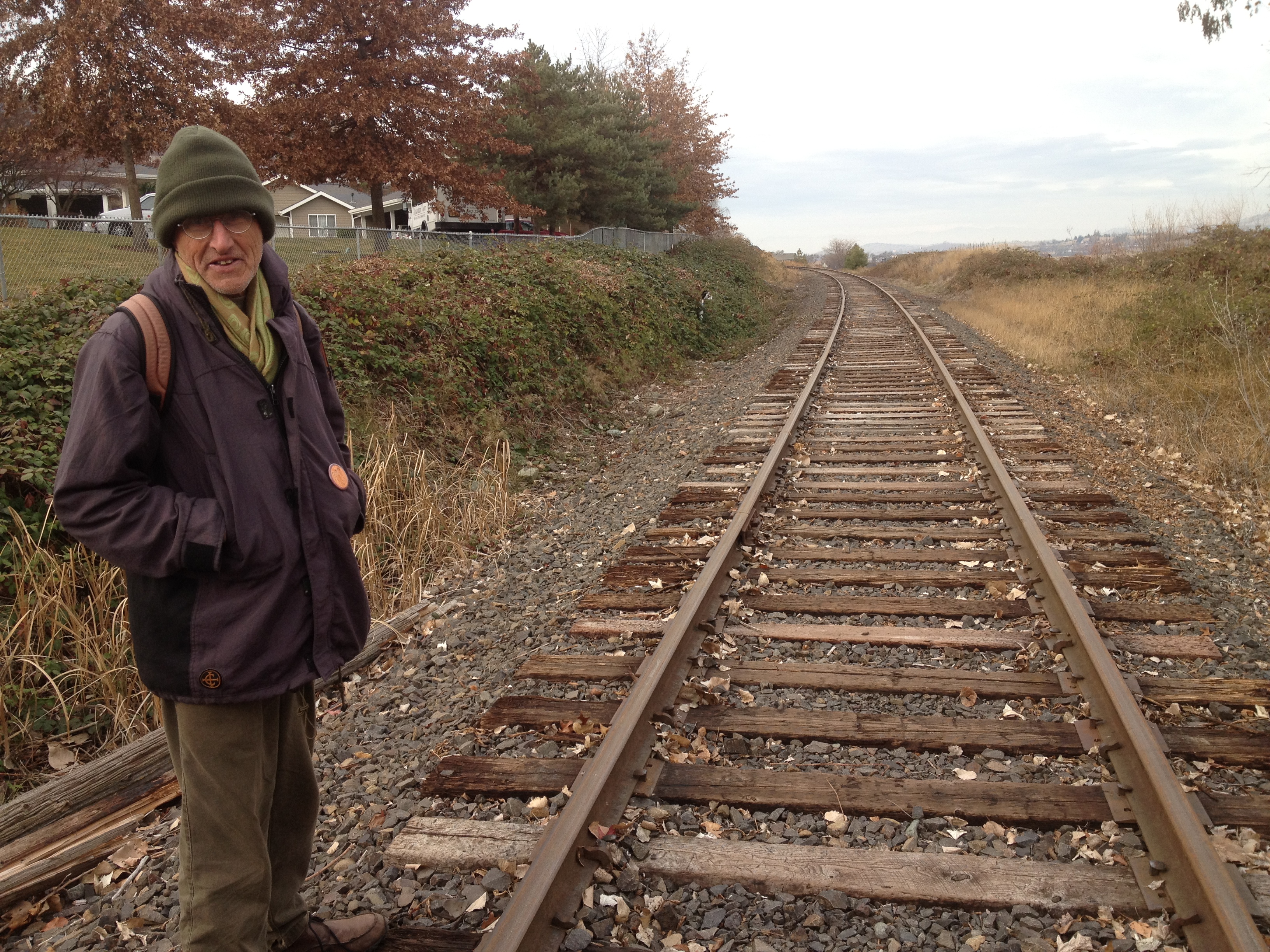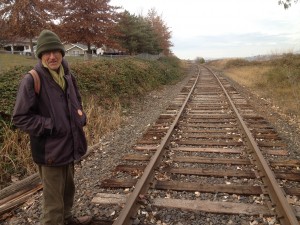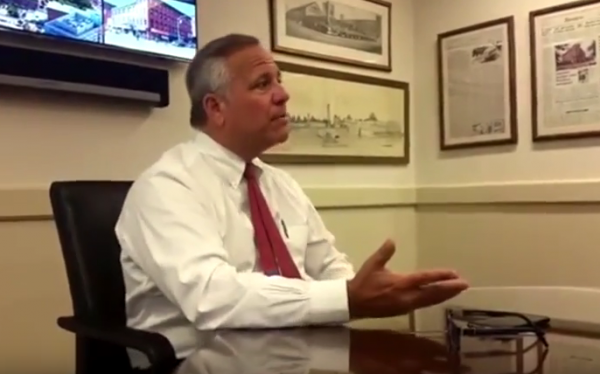 Some of the landlords who own downtown Providence, and some of their allies, have decided that Kennedy Plaza and its surrounding area would become much more valuable real estate if they could cause the bus depot and all of the low income people who are drawn to the bus depot and/or the city center in general, to disappear. Seems former mayor Joe Paolino decided that he no longer cared about the community, he wanted more valuable properties, so he started a campaign against the poor.
Some of the landlords who own downtown Providence, and some of their allies, have decided that Kennedy Plaza and its surrounding area would become much more valuable real estate if they could cause the bus depot and all of the low income people who are drawn to the bus depot and/or the city center in general, to disappear. Seems former mayor Joe Paolino decided that he no longer cared about the community, he wanted more valuable properties, so he started a campaign against the poor.
Every rational person in Rhode Island then told Mr Paolino that his plan was very strange as it went against all constitutional law and common sense. But in the very weird world in which nearly all public policy decisions are made by and for the people with a lot of money, I guess he became so out of touch with reality that he thought it made some kind of sense.
There are several major flaws in Joe Paolino’s proposal. Some of which have come out in the public discussion, some that need lots more exploration.
We need a real plan to end poverty, because no matter what you do, low income people are drawn to city centers. This is a hard and fast rule that is as old as cities themselves, 8,000 to 10,000 years. When people have almost nothing, when they are displaced from their land, conquest or mechanization have the same effect, or the factories have closed, the only place they can go is to the city. Elites can try to move them around the city, but all that does is move them, it does not end the poverty or the magnetic attraction cities have for the displaced. Mayor Elorza and all of the advocates are right, it’s a phony plan without jobs or even a whiff of a brighter future for the people being moved around so landlords can claim bigger depreciations.
In the future, a bus hub right downtown is going to be more critical to our survival than it is now. Instead of marginalizing transit to reduce our climate footprint and keep Providence above sea level, Providence needs to eliminate almost all automobile entrance to the city and get everyone riding transit, biking, boarding, or walking. Mr. Paolino has not considered the climate implications of his monstrosity, or maybe he does not care. But in any case, the bus hub belongs downtown, and you sound like a scoundrel wanting to push low income people away from your real estate properties and into someone else’s neighborhood, making it harder for people catching buses.
But you have already heard those points from others. What you are not hearing is that your economic development strategy is self defeating. An economy based on the needs of the real estate, finance, and insurance industries (you know, the FIRE that burned down the economy in 2008) is guaranteed to swing wildly between bubble and bust while pumping up the assets of the landlords and the banks, and displacing many other people. Piketty has made it quite well known that the greater the inequality in your community, the less well the economy will perform. Economies that have reached the point where real estate redevelopment is the underpinning of other economic activity are in big trouble. They become the early adopters of being a place with no work for most workers. So, they try to displace them away from their properties. But, as the inequality and the end of jobs as we know them further displaces people, as you get more climate refugees, you get more people (and water) flooding downtown right onto the very properties you want more money from.
It is time for economic development from the bottom up. We cannot rely on churning buildings downtown to create jobs for the people who do not have one. We can not rely on the wetlabs, communications businesses, dirty industry infrastructure, and app developers to create jobs for the people who need them, as they never will. The meds and eds strategy creates only a small number of jobs, most of those higher paying jobs, mostly to be filled from away, while creating few for the people already here. In other words displace the poor and have many more join those already on the streets is exactly what is intended, as it is the only way for the rich to steal more as the global economy and ecology strangle and overheat. There are now people asking for money at every street corner, people who feel permanently displaced from the economy.
The answer to our woes is not more concentrations of wealth, though that is the preferred economic development strategy these days. So maybe I am pissing into the wind. But the wall is cracking in the face of the resistance. We are not letting you build any more fossil fuel infrastructure whatsoever, and we are going to stop the running of economies to benefit the landlords of downtown and the bankers. We want clean power and we need democracy. When real estate and finance rule, the people suffer. The debts choke an economy, causing it to squander resources.
A most excellent way to understand the difference between the preferred solutions of the 1% and reality is to compare business climate rankings with various measures of the strength of an economy. No actual study has ever found a correlation between business climate rankings and economic performance. None. No study has ever found a correlation between strong environmental regulations and weak economic performance. None. Piketty demonstrated that inequality harms economic performance too. You want an example? How about Rhode Island. We get the worst rankings in the business climate indexes, but if you look at economic performance we are pretty close to the middle in growth rates, median income, and other performance based evaluations, and hardly a week goes by without the quality of life and new business start up culture being highlighted in the national media.
In other words on balance what the state and other institutions are doing to promote the profits of the 1% is harming us. Cutting taxes for the rich is useless for everything except lining their pockets and causing cities to neglect basic infrastructure. It does not help us systematically end poverty or stop climate change. Trickle down economics is like getting peed on. Which is why there are more and more efforts to restrict democracy and corral the people. Which is why the resistance grows. Daily and on many fronts simultaneously.
The former mayor, Governor Wall Street, the funders of the political machines that pull the strings on Smith Hill; they are all in need of some education on where the economy is going to go and why as the climate crisis rolls on and economic growth slows with the destruction of the resource base and greater “natural” disasters. The future is going to be more locally self reliant. We are going to locally generate renewable clean power. We are going to grow more of our own food. Our transport systems will be less automobile oriented. And the FIRE industries will not be allowed to burn down the economy again. If your plans to revitalize downtown do not take these things, including a slowing of economic growth, the odds of success are pretty slim.

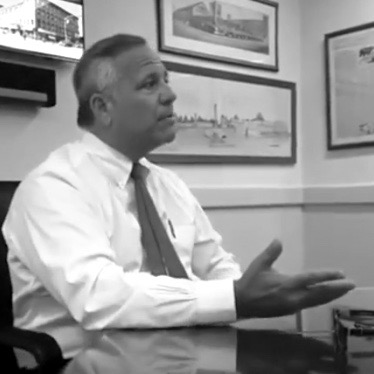
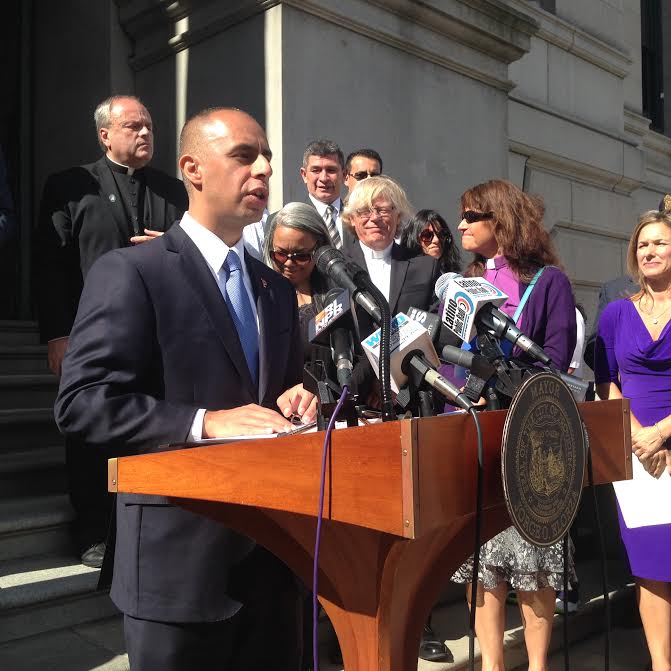
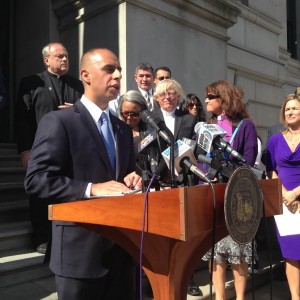
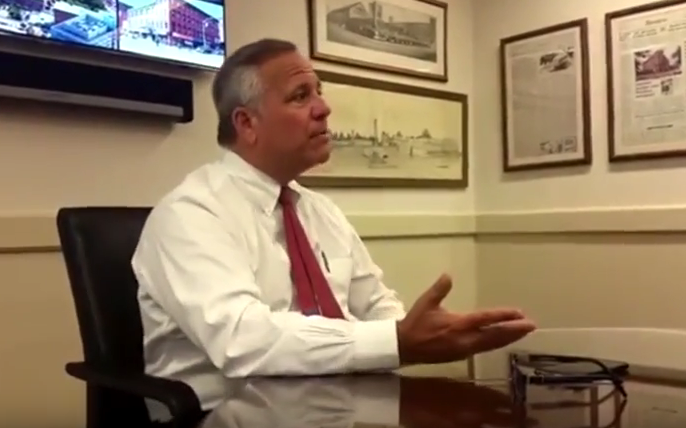
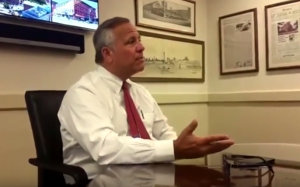

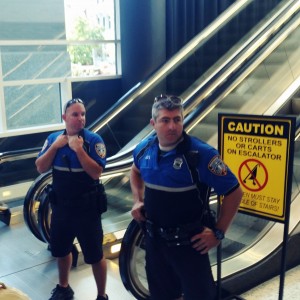
 “The people [Joe Paolino] houses in the gentrified downtown evidently don’t want to see the results of gentrification, the results of luxury housing development and that’s poor people also living in Providence,” said Eric Hirsch, formerly the executive director of the Rhode Island Coalition for the Homeless. “We call on Joe Paolino to not announce this plan. We call on him to come back to the table to discuss with us real poverty measures like increasing the minimum wage, like doing something about the fact that if you are totlally disabled and on supplemental security income you get $700 a month, how are you supposed to afford the thousand dollar a month apartments that Joe Paolino is renting.”
“The people [Joe Paolino] houses in the gentrified downtown evidently don’t want to see the results of gentrification, the results of luxury housing development and that’s poor people also living in Providence,” said Eric Hirsch, formerly the executive director of the Rhode Island Coalition for the Homeless. “We call on Joe Paolino to not announce this plan. We call on him to come back to the table to discuss with us real poverty measures like increasing the minimum wage, like doing something about the fact that if you are totlally disabled and on supplemental security income you get $700 a month, how are you supposed to afford the thousand dollar a month apartments that Joe Paolino is renting.”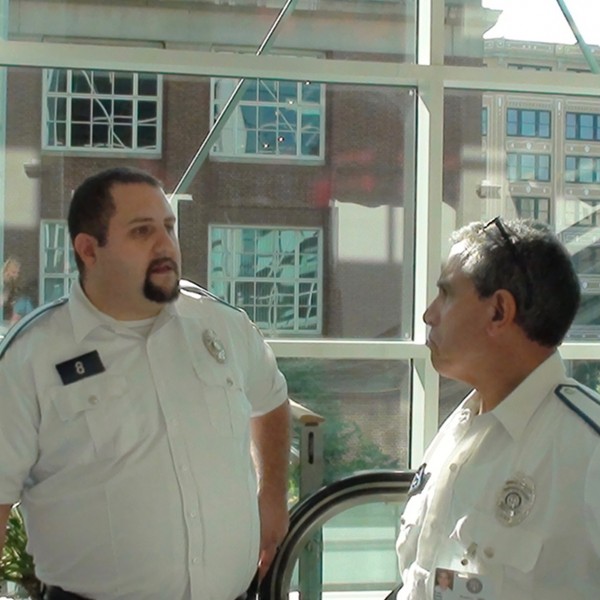
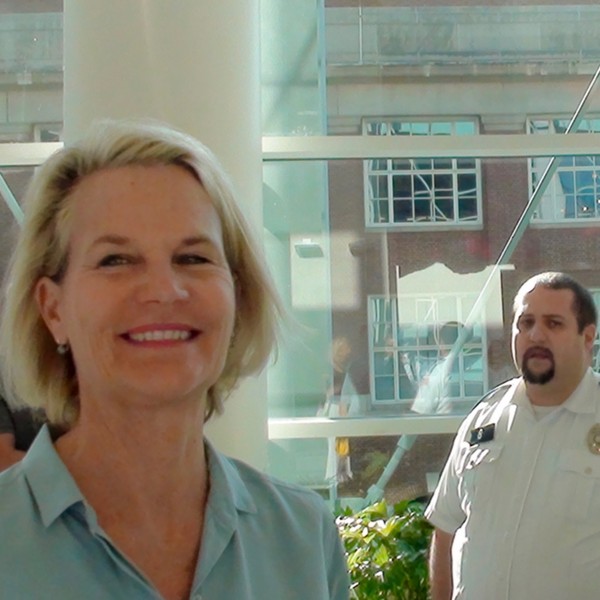
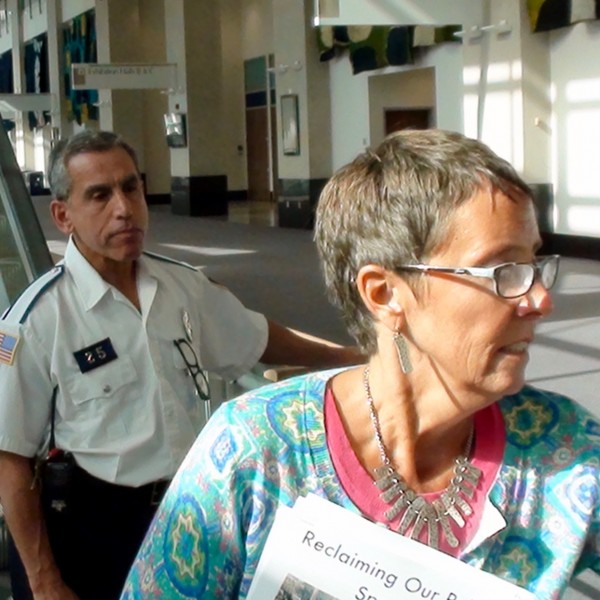
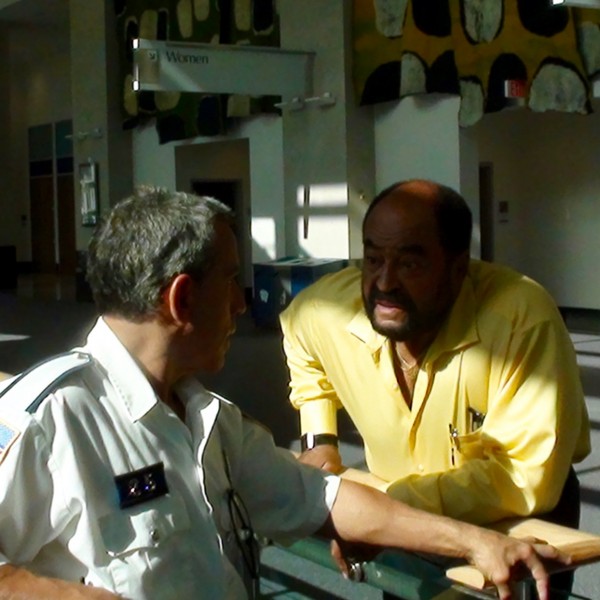
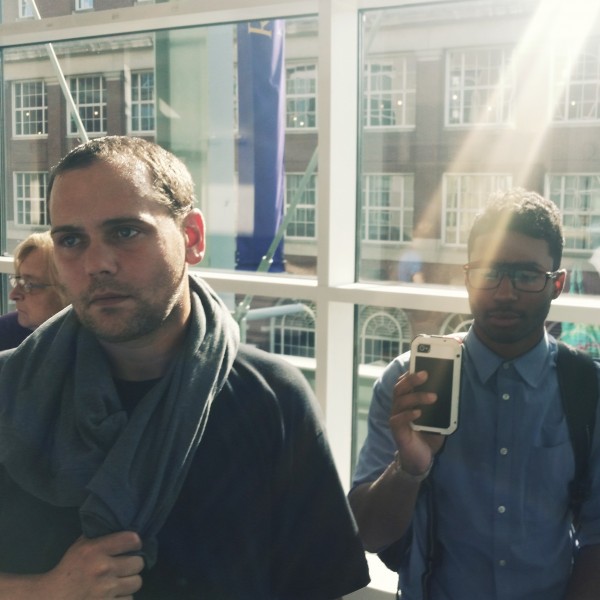

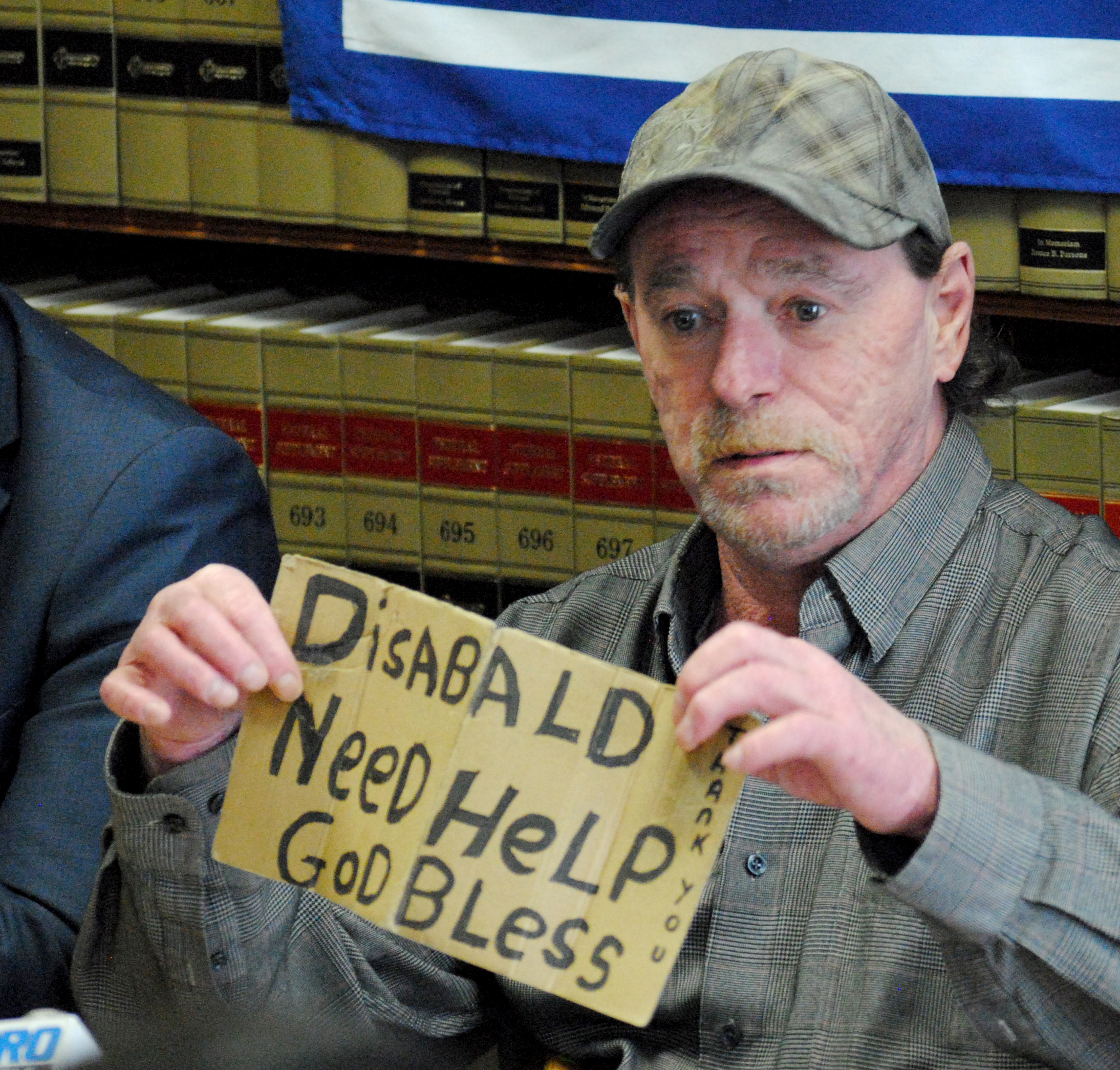
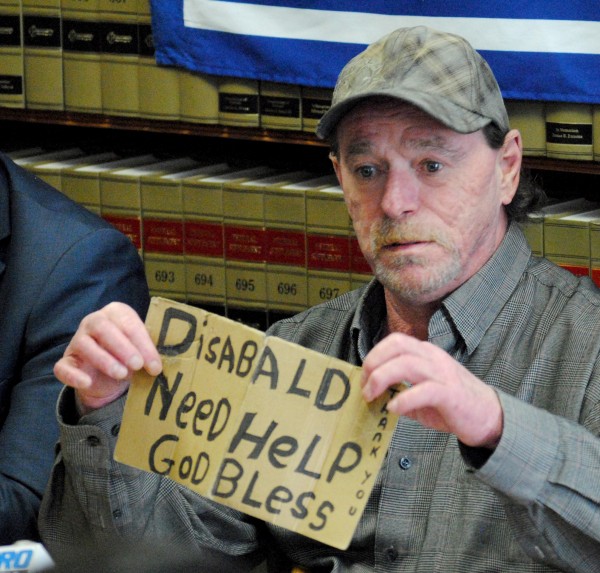
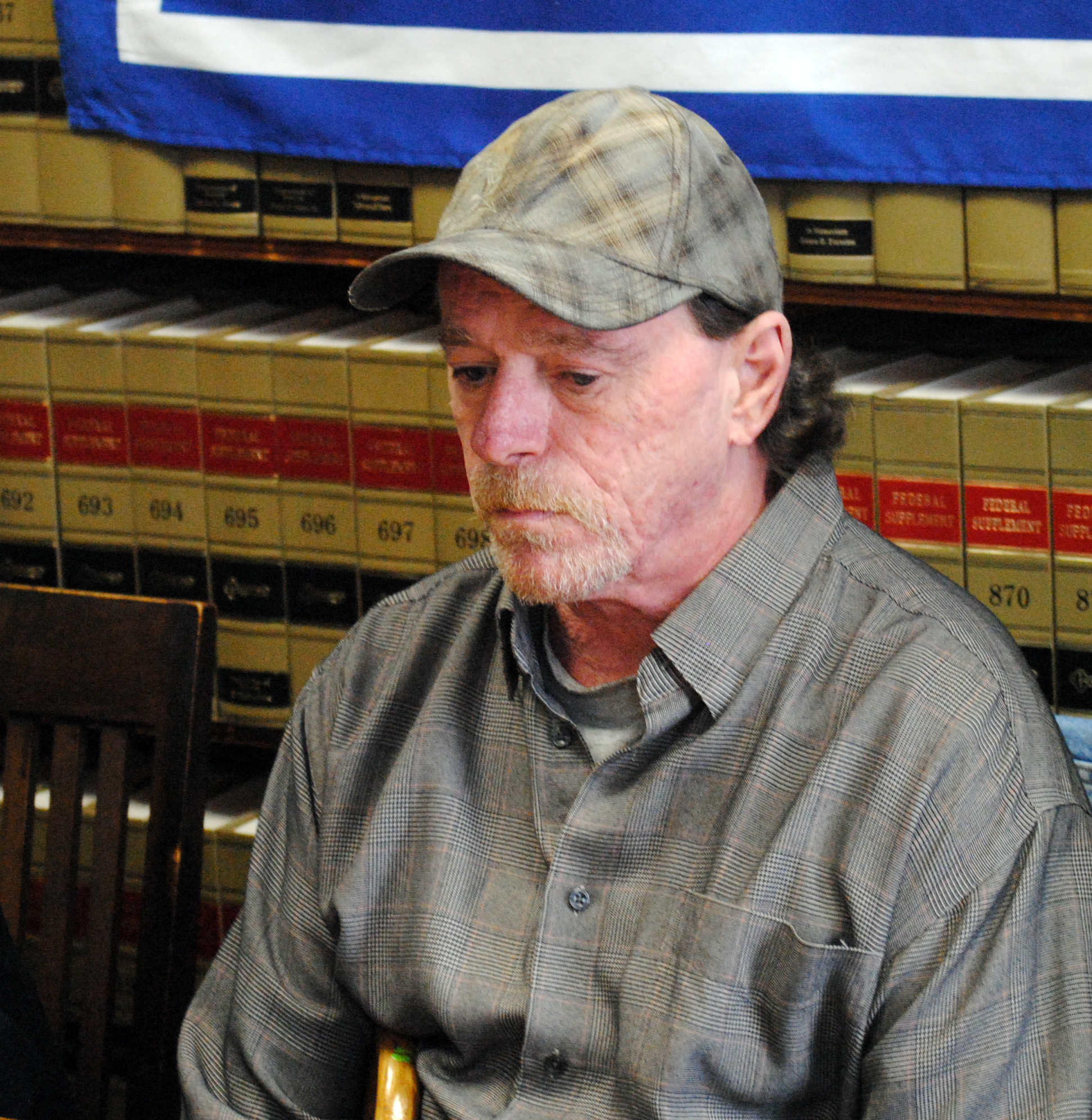


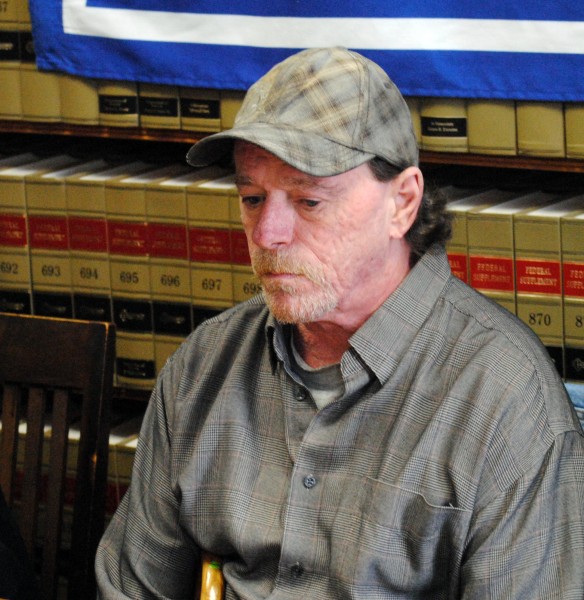




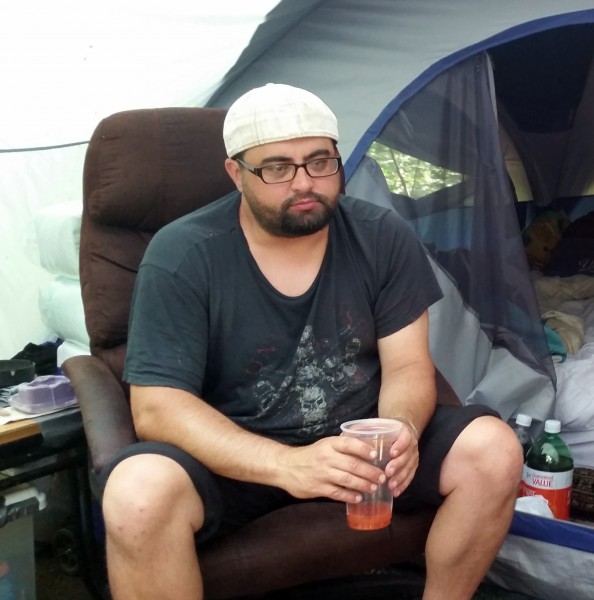






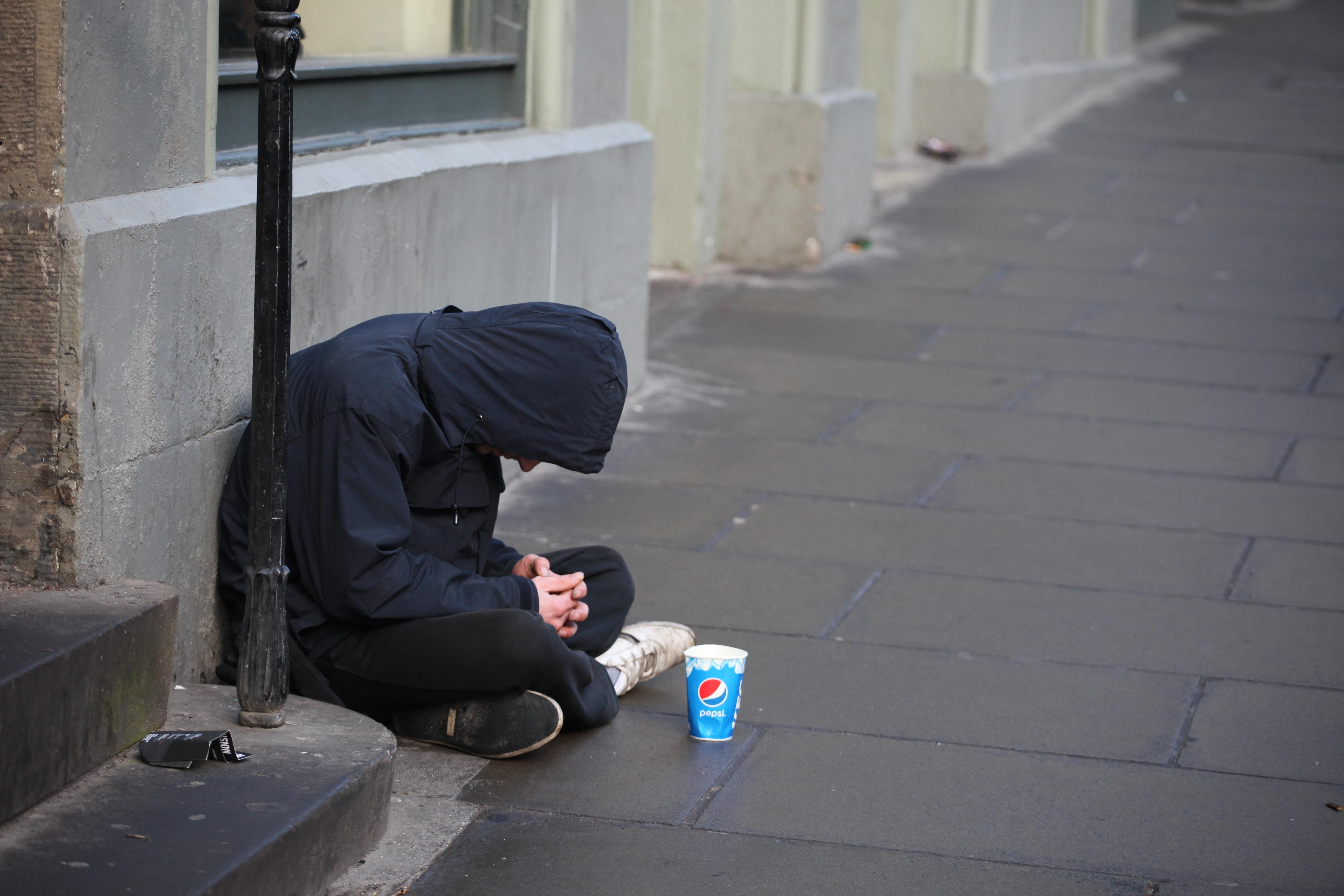
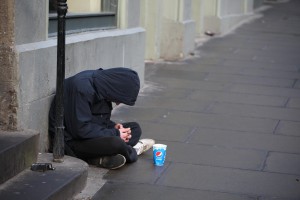
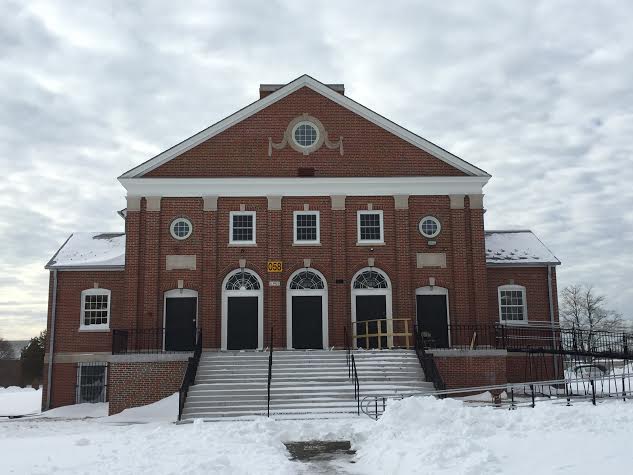
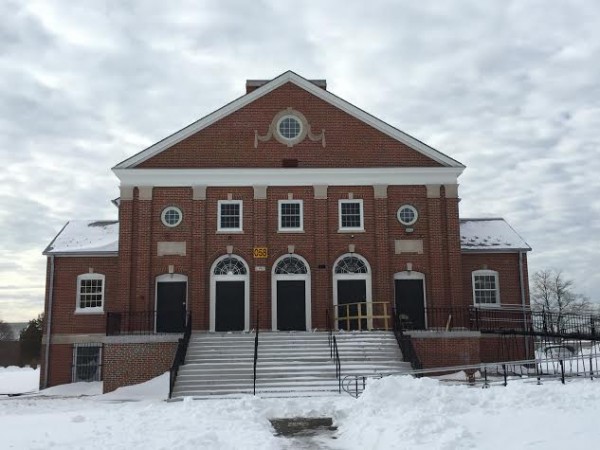


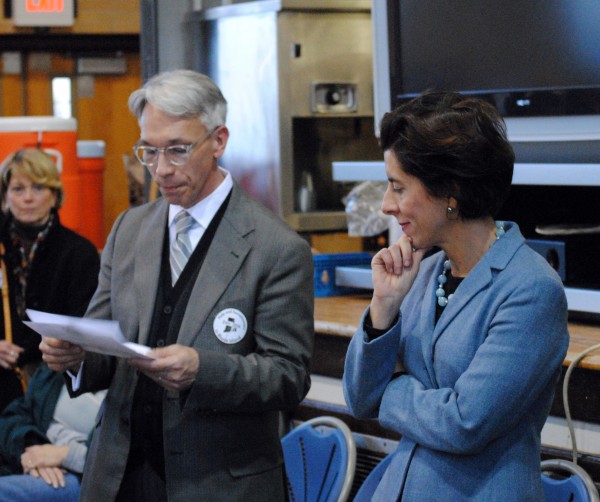
 Jim Ryczek, executive director of the
Jim Ryczek, executive director of the 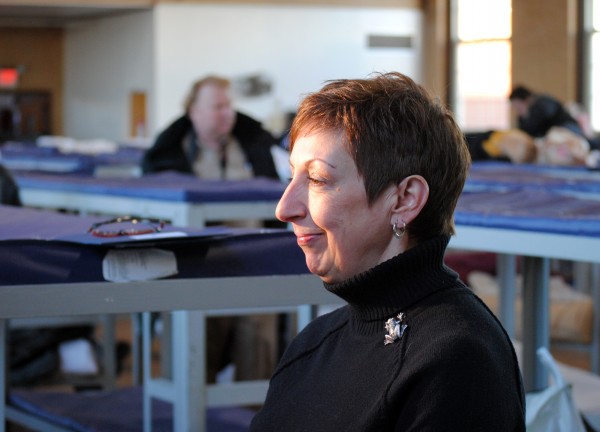
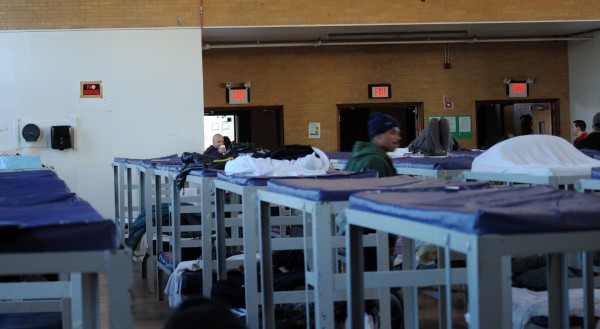
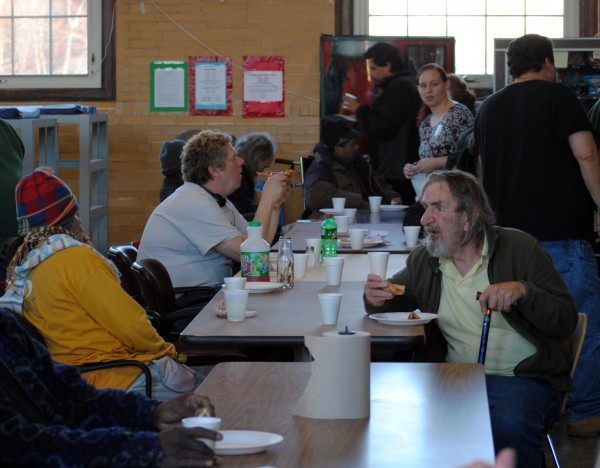
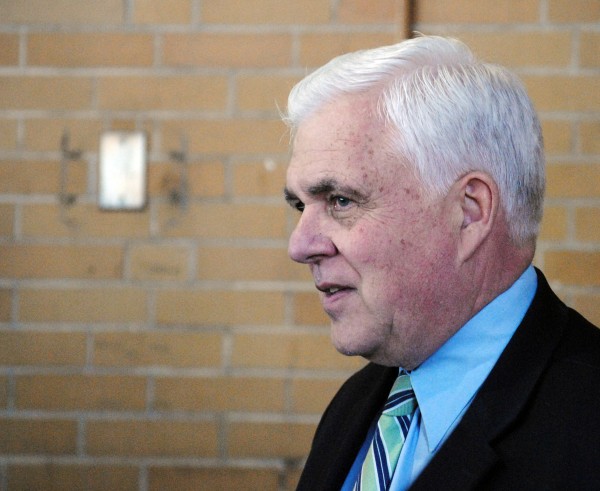
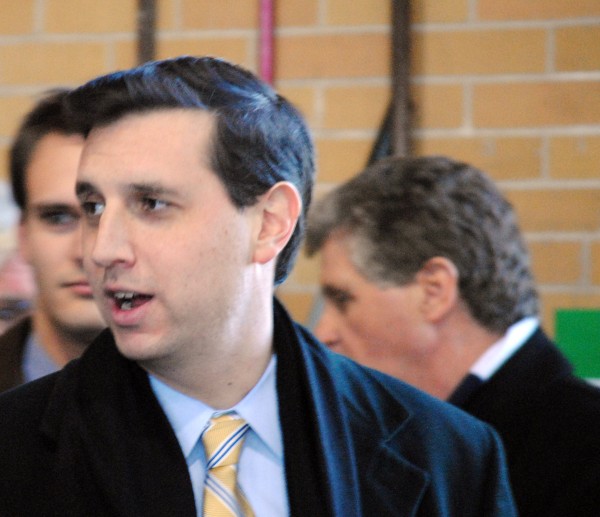
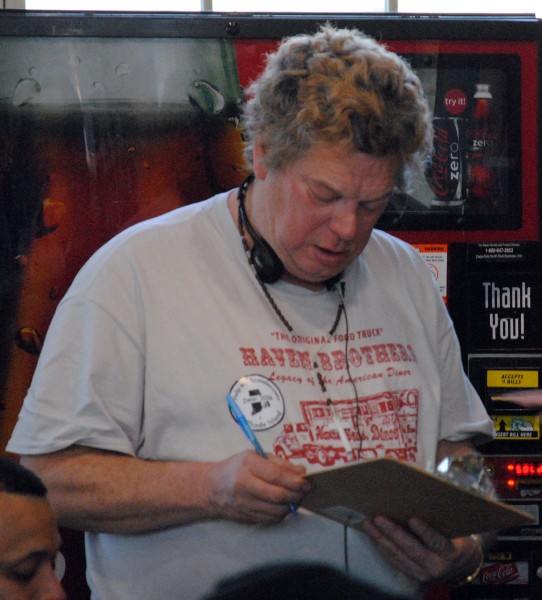
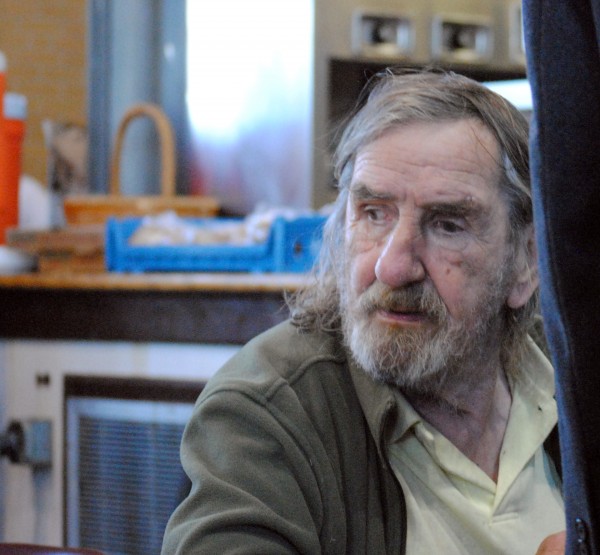

 We all, every one of us, make up stories to justify our good fortune.
We all, every one of us, make up stories to justify our good fortune.





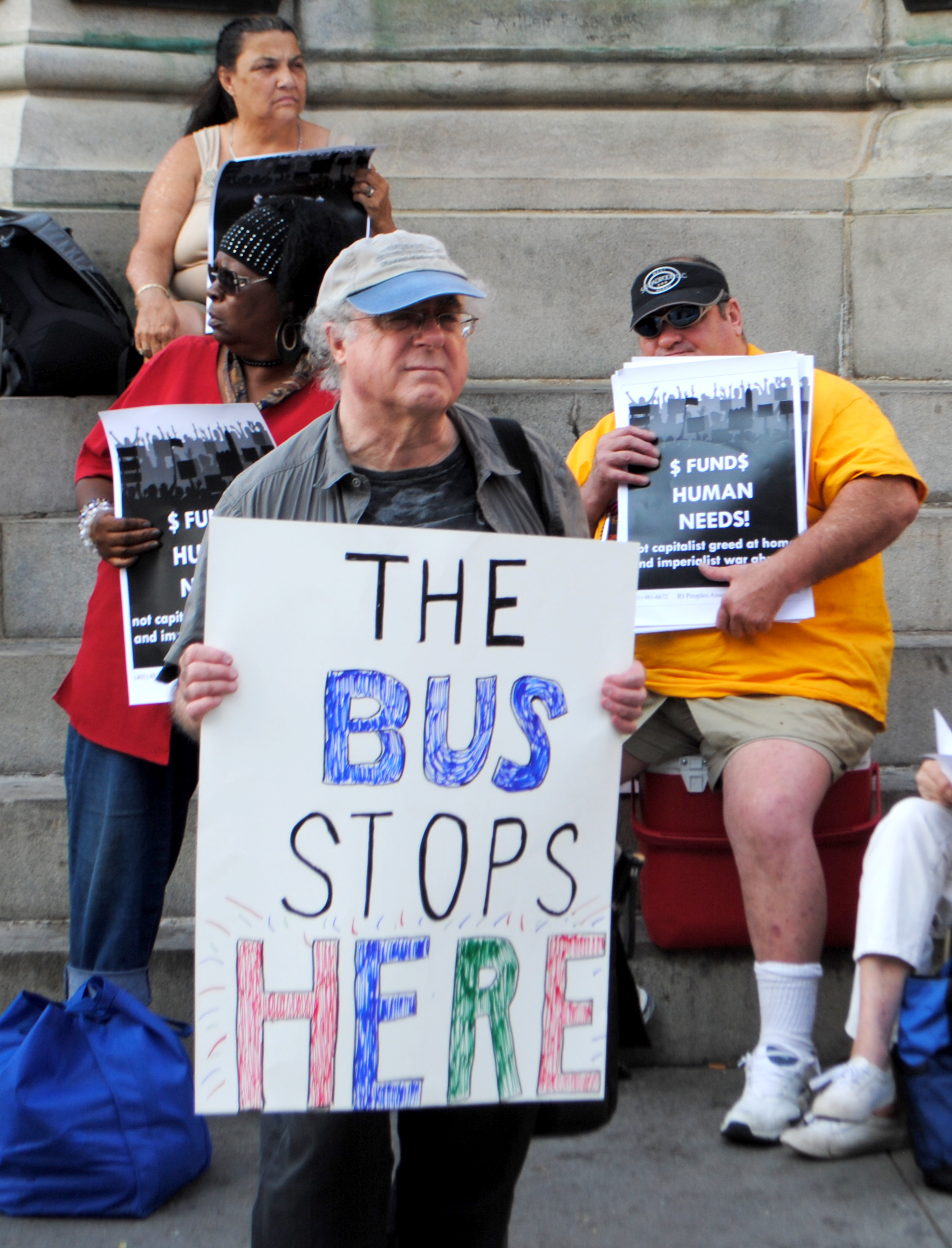
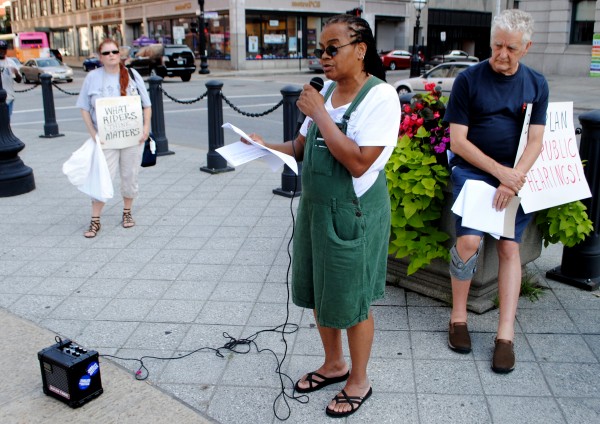 In the minds of some Rhode Island politicians and business leaders, the empty and unsellable “Superman” building hangs like a millstone around the neck of the City of Providence. Rather than come to grips with the fact that the building is rundown and overpriced and that new economic thinking is needed to reinvigorate the Capital City, Providence Mayor Angel Taveras and Warwick Mayor Scott Avidesian (who currently heads RIPTA, the Rhode Island Public Transportation Administration), have pushed through a plan that scapegoats the poor, disabled, elderly, homeless and people of color.
In the minds of some Rhode Island politicians and business leaders, the empty and unsellable “Superman” building hangs like a millstone around the neck of the City of Providence. Rather than come to grips with the fact that the building is rundown and overpriced and that new economic thinking is needed to reinvigorate the Capital City, Providence Mayor Angel Taveras and Warwick Mayor Scott Avidesian (who currently heads RIPTA, the Rhode Island Public Transportation Administration), have pushed through a plan that scapegoats the poor, disabled, elderly, homeless and people of color.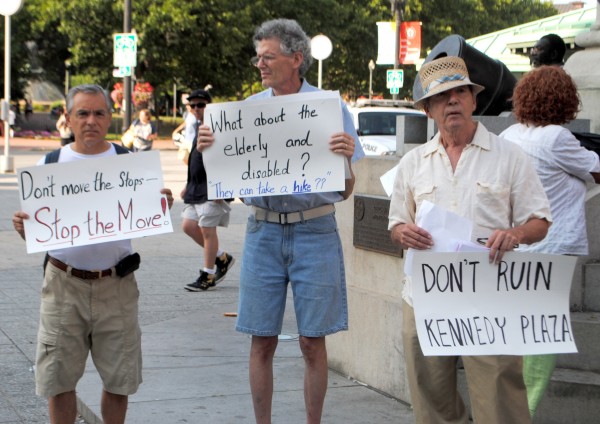 The new vision for a modern and vibrant downtown does not include a busing hub. So Kennedy Plaza has been fenced off and is being destroyed as quickly as possible, before an outraged public can mount any kind of coordinated defense. Already the shelters have been taken down and trucked away, and the expensive heating system that automatically melts the snow is being dug up and scrapped. This work is leaving a giant pit in the center of downtown, even though there is no money allocated to completing the project. The plan seems akin to digging a hole in the hopes that someone will come along and build a house there.
The new vision for a modern and vibrant downtown does not include a busing hub. So Kennedy Plaza has been fenced off and is being destroyed as quickly as possible, before an outraged public can mount any kind of coordinated defense. Already the shelters have been taken down and trucked away, and the expensive heating system that automatically melts the snow is being dug up and scrapped. This work is leaving a giant pit in the center of downtown, even though there is no money allocated to completing the project. The plan seems akin to digging a hole in the hopes that someone will come along and build a house there. Simply stated, this is class warfare being waged against the most vulnerable populations in our state, and it is being done with taxpayer money. Instead of walking across a plaza replete with convenient shelters to transfer from one bus to another, bus riders are now required to walk several blocks from one bus to another. In the winter, when Burnside Park is effectively one giant sheet of ice, the walk will become more treacherous or even impossible, especially for the handicapped and the elderly.
Simply stated, this is class warfare being waged against the most vulnerable populations in our state, and it is being done with taxpayer money. Instead of walking across a plaza replete with convenient shelters to transfer from one bus to another, bus riders are now required to walk several blocks from one bus to another. In the winter, when Burnside Park is effectively one giant sheet of ice, the walk will become more treacherous or even impossible, especially for the handicapped and the elderly.